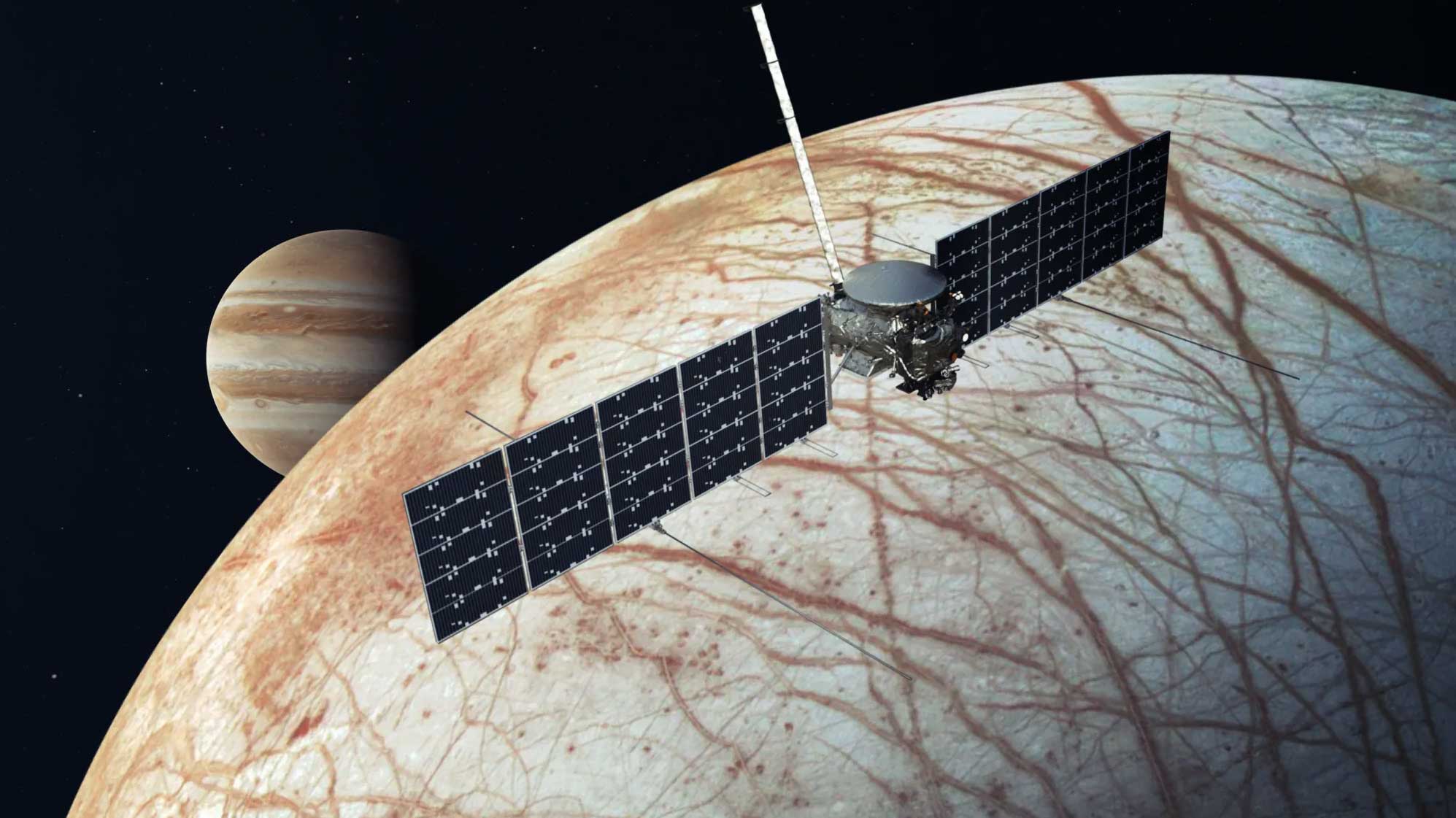
Today’s show features NASA’s Europa Clipper mission, which launched on October 14th, 2024 on a Falcon Heavy rocket, setting the spacecraft on its 10-year journey to explore Jupiter’s moon Europa. Europa Clipper carries nine instruments to study this ocean world covered by an ice shell to determine if there are places in the watery depths below the surface that could support life. The mission’s goals are to study ice shell, the sub-surface ocean, and the moon’s composition and geology. Our guest is Dr. Bonnie Buratti, a Senior Research Scientist at the Jet Propulsion Laboratory, and Deputy Project Scientist for the Europa Clipper mission.
Executive Producer: Shelley Schlender
Show Producer & Engineer: Joel Parker
Listen to the Show:
Podcast: Play in new window | Download (Duration: 27:00 — 37.1MB)
Subscribe: RSS



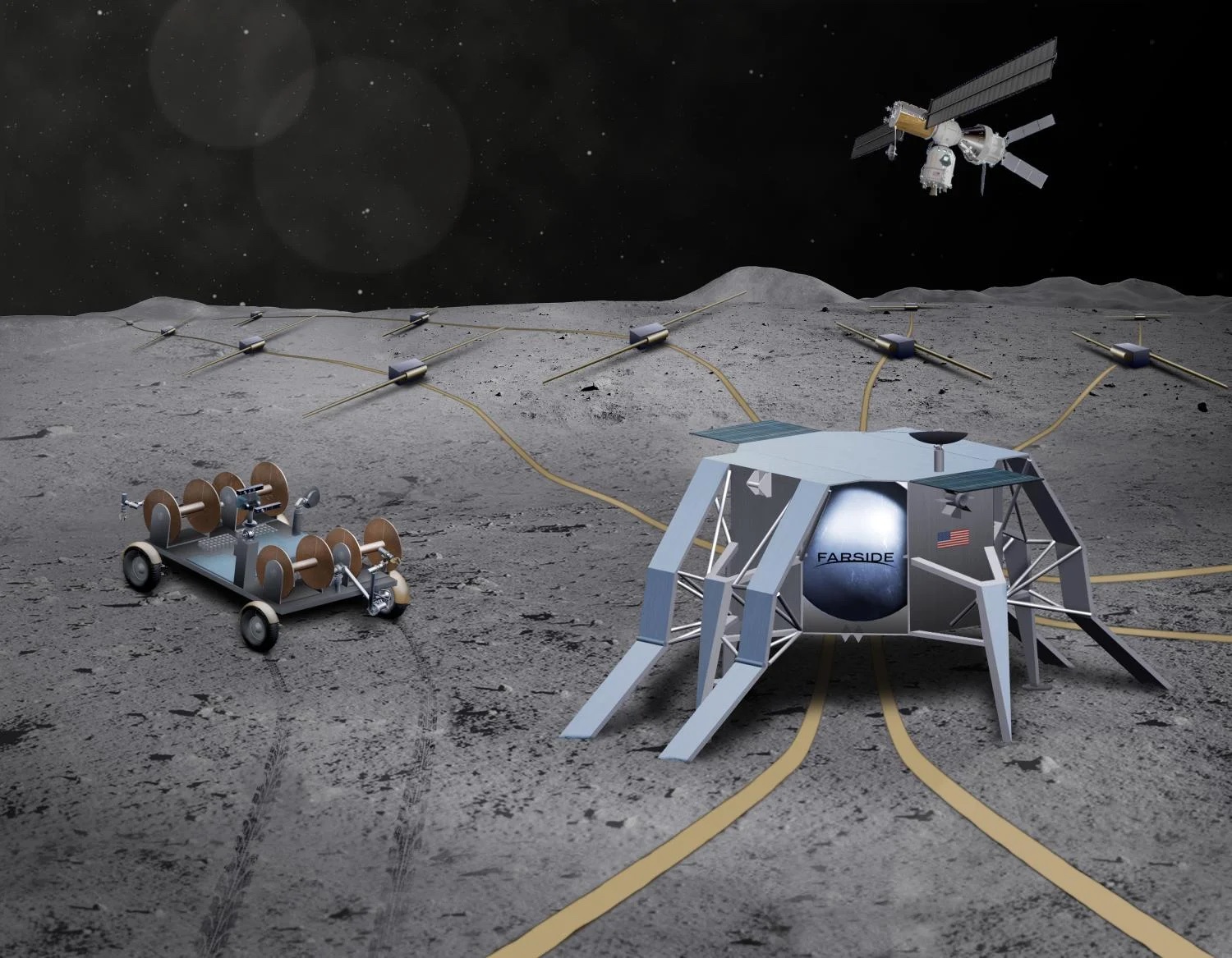 When people talk about going to the Moon, it is often in terms of establishing a station there, or finding water, or doing science
When people talk about going to the Moon, it is often in terms of establishing a station there, or finding water, or doing science 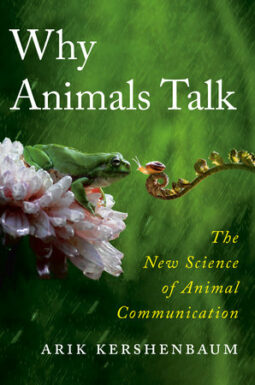 Animal Communication Science (start time: 2:57) Whether you own a dog or horse, or have listened to dolphins, wolves, chimpanzees or other wild animals, you’ve probably wondered what they’re saying when they communicate vocally – and why do they communicate the way they do? Our guest, zoologist
Animal Communication Science (start time: 2:57) Whether you own a dog or horse, or have listened to dolphins, wolves, chimpanzees or other wild animals, you’ve probably wondered what they’re saying when they communicate vocally – and why do they communicate the way they do? Our guest, zoologist  In this fire prone season, we talk with experts about an ancient building technique that might reduce the chance that a building’s going to burn. Unfired, compressed earth blocks are a building material that involves clay, sand and lime. Our guests are architect-engineer
In this fire prone season, we talk with experts about an ancient building technique that might reduce the chance that a building’s going to burn. Unfired, compressed earth blocks are a building material that involves clay, sand and lime. Our guests are architect-engineer 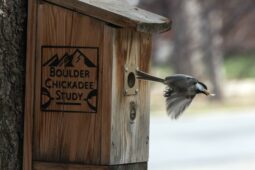

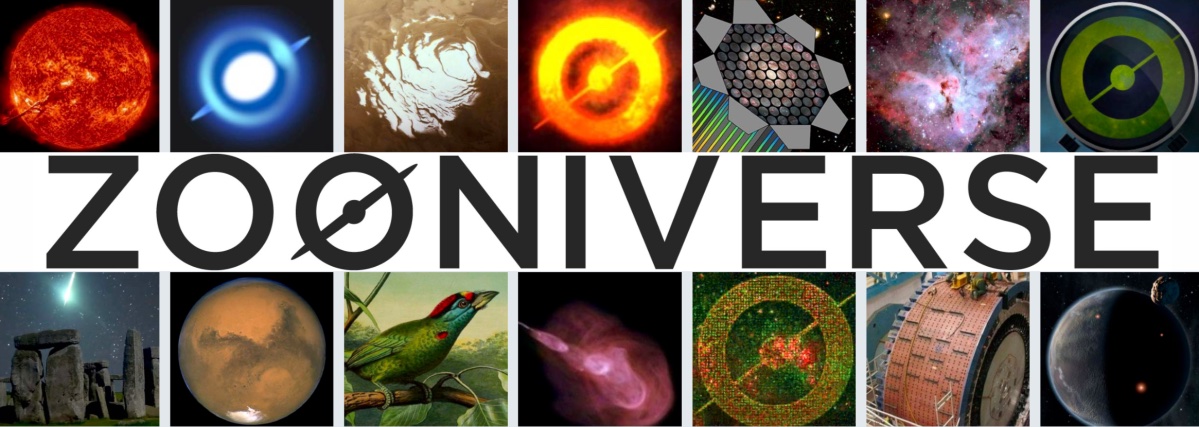 Citizen Science with Zooniverse (starts at 13:21)
Citizen Science with Zooniverse (starts at 13:21) 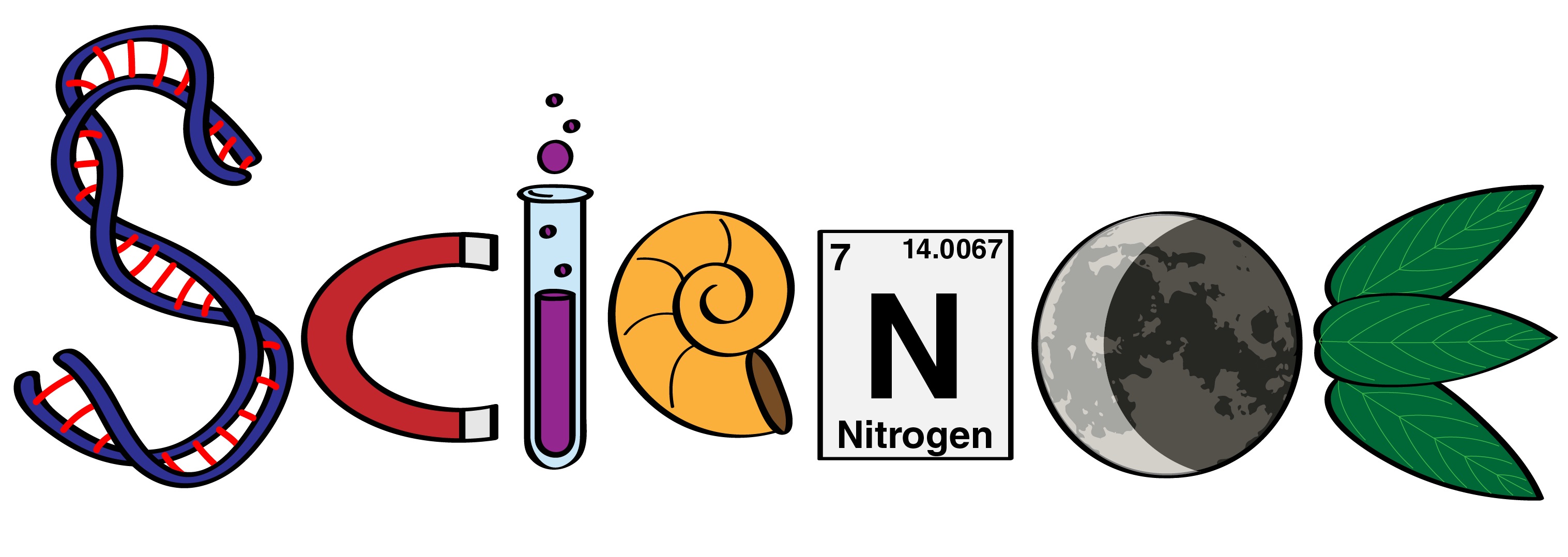
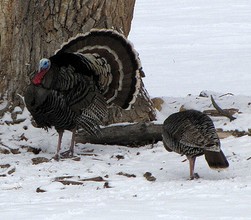
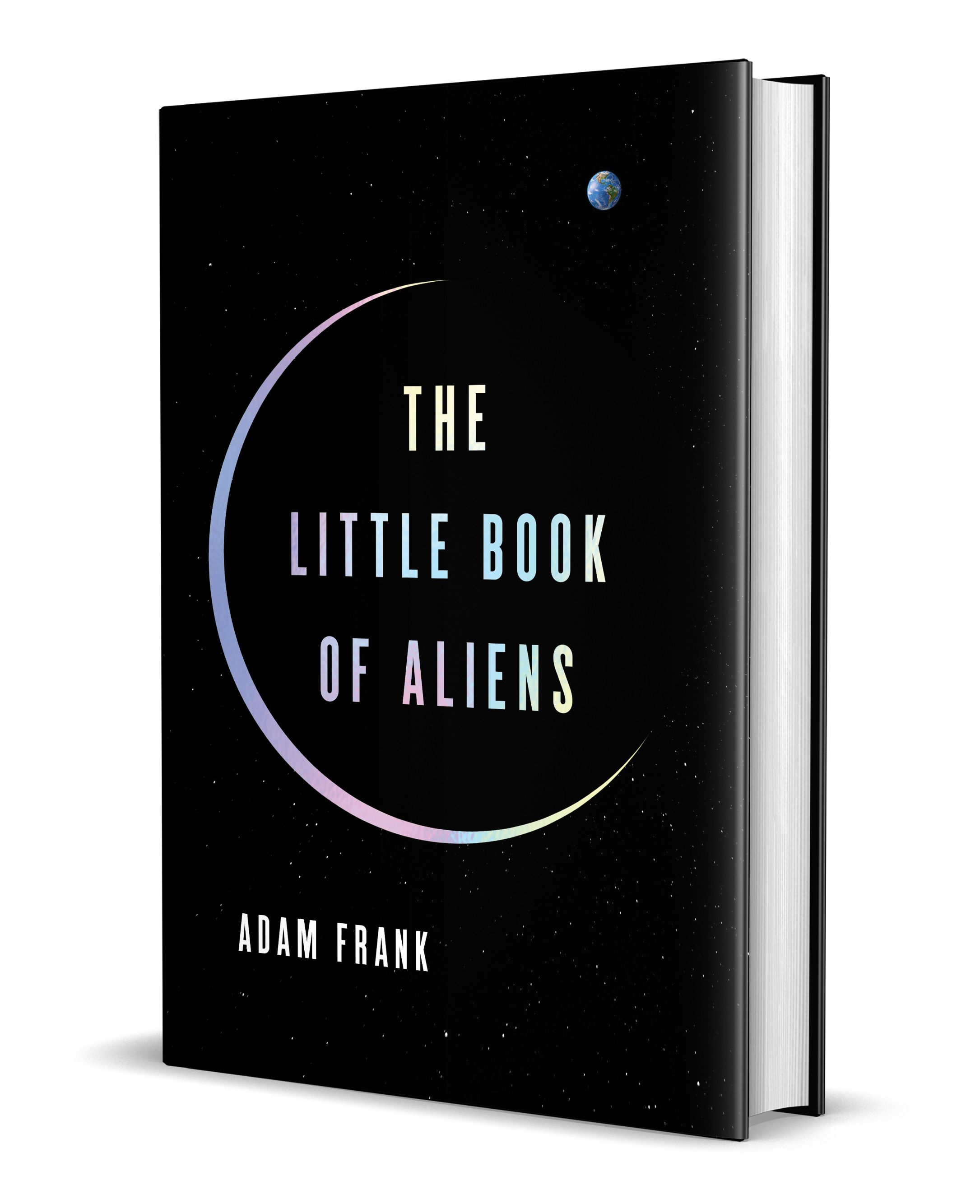 In this Halloween episode, we talk with
In this Halloween episode, we talk with 